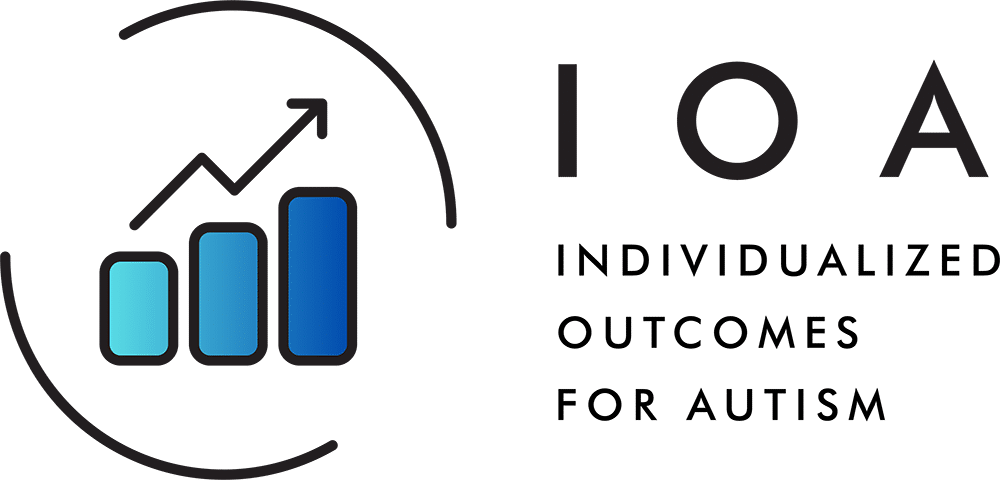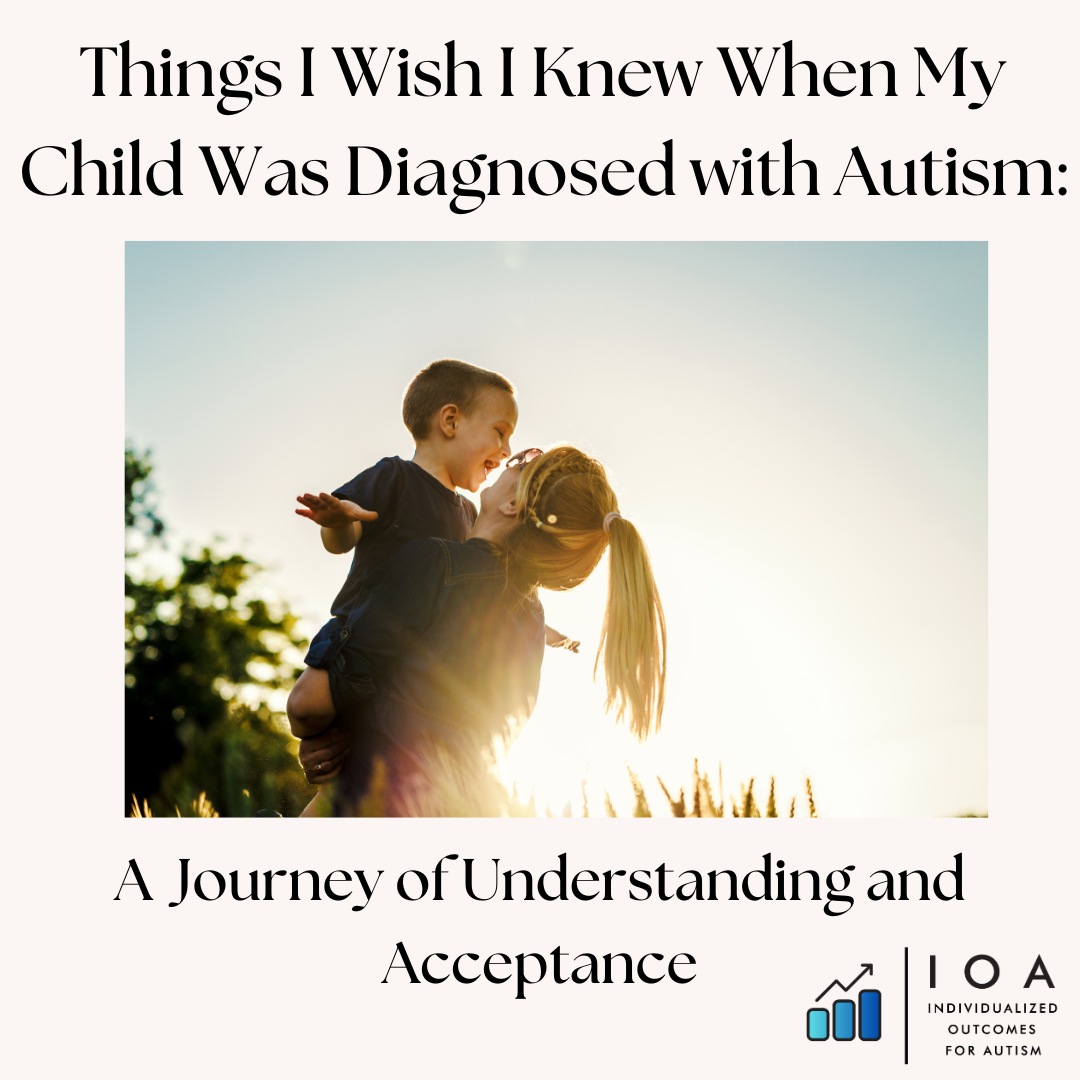The day my child was diagnosed with autism, I sat in my car in the clinic parking lot and cried. Not only because I was sad, but also because we finally we had answers. If you’re reading this while sitting in your own car or lying awake at 3 AM googling “autism diagnosis what now,” I want you to know something…you’re going to be okay. Your child is going to be okay. It’s not going to be easy, and you are stronger than you think.
Looking back over the past few years, there’s so much I wish I could tell that scared mom in the parking lot. Sure, the doctors gave me pamphlets full of clinical terms and therapy options. But what I really needed was another parent to look me in the eye and tell me the real deal.
First things first, throw out every preconception you have about autism. Seriously! All those stereotypes from TV shows, all those clueless comments from relatives and friends about “Rain Man” toss them out the window. My child isn’t a textbook or a collection of symptoms. That’s my kid who happens to experience the world differently than most people, and that’s actually pretty amazing once you learn to see it through their eyes.
In the early days, it was rough, I won’t sugarcoat it. I spent countless nights worrying about the future. I remember reading somewhere that parents often go through the seven stages of grief after an autism diagnosis. At first, I thought, grief?? My kid wasn’t dying. My kid was right here, playing with his blocks, flapping his happy little hands, and is absolutely perfect in my eyes. But the more I thought about it, the more it hit home. I did grieve. I grieved very hard. I spent nights angry cleaning my kitchen at 2 AM. I was furious at his first pediatrician who hadn’t listened to my concerns sooner and finally after months of searching I was able to find an amazing pediatrician who actually listened to me. Every night, I’d find myself on my knees, making desperate deals with God. “Please,” I’d whisper into my pillow, tears streaming down my face, “I’ll do anything. I’ll sell everything I own”. “I’ll be the most patient, loving mother ever, just please help my son”. “Please make his autism go away”. “Please let me understand what he needs when he’s melting down and I don’t know how to help him.” “Please god, tell me that this is just a language delay and a misdiagnosis”. I bargained with everything I had, promising to be better, do better, give more, pray harder, anything to make this journey easier for my child. Not because he needed fixing, but because in those raw moments, my heart was breaking watching him struggle to navigate a world that wasn’t built for him.
I spiraled into depression, scrolling through old baby pictures and watching old videos wondering if I’d missed early signs and wondering how this happened. And then, slowly, so slowly I barely noticed, I started seeing things differently. The grief didn’t disappear, it transformed into something else. I became the fierce, unstoppable autism mama that wants to reshape the whole world to fit my kid. It is now that I realize I wasn’t really grieving my child at all. I was grieving the life I’d played out in my head since the day I saw those two pink lines on the pregnancy test. I was grieving the perfect child I envisioned in my head. It’s harder in some ways, yeah, but it’s also more beautiful than anything I could have imagined. He is perfect and that took me a while to realize that. Sure, I ask myself, will my child make friends? Go to college? Fall in love? Have a career? Live independently? These thoughts kept me up at night because I was so scared. It was until I realized something crucial. I was so focused on what might happen years from now that I was missing the incredible, amazing boy right in front of me.
Here’s what really helped me turn a corner. Finding the right people. Not just therapists and doctors (though they’re important!), but other parents who get it. Parents who understand why you’re celebrating that your child was interacting with other kids, or why you’re fighting back tears because they finally, finally said their first word. These parents became my lifeline. We share resources, swap stories, and sometimes just listen when one of us needs to vent about well-meaning relatives and friends who just don’t get it.
Let’s talk about therapy, because that’s probably consuming your thoughts right now. We tried ABA therapy, speech therapy, occupational therapy and the whole alphabet soup of interventions. Some worked brilliantly for us, like ABA therapy. Others… not so much. Here’s what I wish someone had told me. It’s okay to question treatments. It’s okay to say “this isn’t working for my child.” Every kid is different, and what works for one might not work for another. Trust your gut and don’t be afraid to advocate for your child even if you ruffle a few feathers.
What is the most surprising thing I’ve learned? Autism isn’t just something my child has. It’s part of who he is, and that’s not a tragedy. It’s taken me a long time to understand this, but my child’s different way of seeing the world has taught me so much. He notices details I miss, he finds joy in things I took for granted, and he has humbled me in so many ways.
Some days are hard. And other days are really hard. There are meltdowns in supermarkets, struggles with change, and moments when communication feels impossible. But there are also moments of pure joy. When my child masters something we’ve been working on forever, or when does something I thought that there is no way that he can do like riding a bike, I can’t help but smile and my heart bursts with pure joy. I stopped doubting his abilities. He is indeed like any other child and absolutely amazing.
To the parent just starting this journey. Breathe…you don’t have to figure everything out today. Find your people. Trust your instincts. Celebrate the small victories. They’re actually the big ones. And remember that your child is still the same amazing person they were before the diagnosis. They just might need a different road map than most to navigate this world.
If you’re feeling lost right now, reach out. Join our community at IOA. Share your story. Ask questions. Cry if you need to (we all have and I still do). But know this, you’re not alone on this journey. We’re right here with you, and together, we’ve got this!
Written by a mom who’s been there and still learning every day.

